Common Myths about Coronavirus Explained
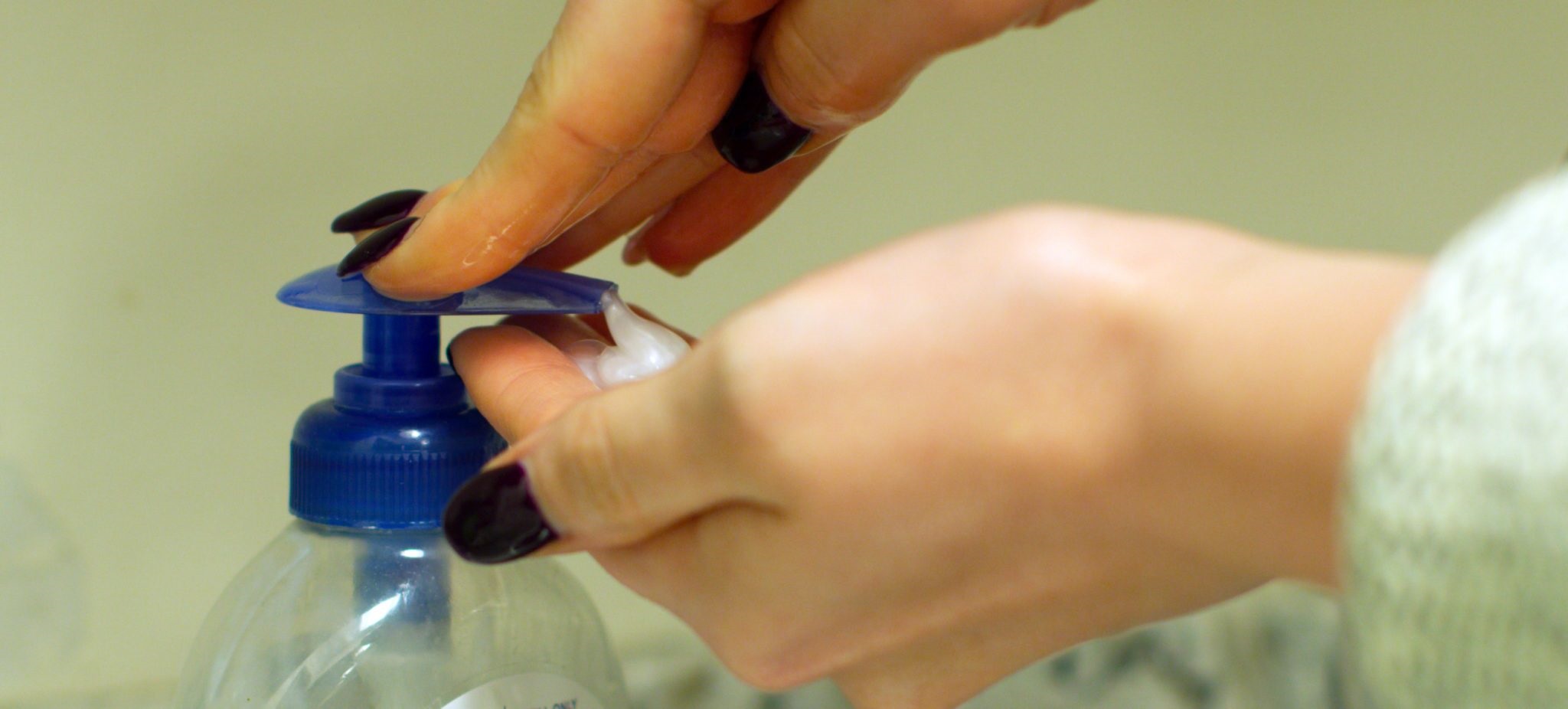
March 03, 2020
Updated: 2/11/22
Myths and misconceptions surrounding the COVID-19 virus seem to spread faster than the virus itself.
Emergency physician, William Fleischman, M.D., shared some insight to debunk some of the most common myths about coronavirus.
Claim: Warm weather will kill the virus.
FALSE
Warmer seasons allow us to spend more time outside, which may help slow transmission of the virus, however the warmer weather itself does not kill the virus.
Overall, masking, practicing good hygiene, and social distancing are the most important things you can do at this time.
Claim: Disinfectants can help treat infection.
FALSE
Disinfectants cannot be used to treat infection in a person. Do not consume, inject, inhale or otherwise try to use any disinfectant (including bleach, Lysol, etc) product to treat an infection. This can be extremely hazardous to your health.
Claim: Large amounts of UV light can help treat infection.
FALSE
Ultraviolet (UV) light are used to kill bacteria and viruses on surfaces and on objects, but cannot be used to treat infection in a person. UV light can damage skin, cause burns, and longer term can cause premature aging of skin as well as skin cancer. They should not be used to sterilize hands or other areas of skin.
Claim: You can give COVID-19 to your pets.
TRUE
COVID-19 can spread from people to animals in some situations, according to the CDC. However, as of now, there’s no evidence that animals play a significant role in spreading the coronavirus.
If you have COVID-19, treat your animals as you would anyone else and avoid contact until you are no longer ill.
Claim: COVID-19 will continue to spread.
TRUE
We should expect to see more cases of coronavirus. As long as the virus is being transmitted among people, more variants are likely to emerge.
To protect yourself and others, get vaccinated and stay up to date on vaccinations with booster shots.
Claim: COVID-19 spreads faster than the flu.
UNCLEAR
It’s not yet clear if COVID-19 spreads faster than the flu, however both do spread quite quickly. Like other viruses, coronavirus is spread through droplets that come from the respiratory tract when someone coughs or sneezes, and in some cases through touch.
Claim: Using saline nasal spray will help prevent COVID-19
FALSE
There is no evidence that regularly rinsing the nose with a saline solution or spray protects people from COVID-19 infection.
There is some limited evidence that regularly rinsing nose with saline can help people recover more quickly from the common cold. However, regularly rinsing the nose has not been shown to prevent viral respiratory infections.
Claim: If you can hold your breath for ten seconds without discomfort, you don’t have COVID-19.
FALSE
The fact is, many people infected with COVID-19 will have minor or no symptoms at all and will easily be able to hold their breath for 10 seconds. The only way to know for sure if you have COVID-19 is to get tested.
Claim: Home remedies that include garlic, chlorine, warm water, or lemon juice can help prevent or treat COVID-19 infection.
FALSE
There is no evidence that such remedies are effective against COVID-19 or any other virus.
Claim: Washing skin with bleach or alcohol is needed to prevent or treat COVID-19 infection.
FALSE
Soap and water are all that is needed to cleanse the skin of viruses and bacteria. Using harsh chemicals such as bleach (chlorine) or alcohol can cause harm both to skin and when vapors are inhaled.
Claim: Preparations that include silver, such as colloidal silver, can help prevent or treat COVID-19 infection.
FALSE
While silver does have some natural antibiotic properties, there is no evidence that colloidal silver or other silver-containing products are effective against COVID-19 virus or any other virus infection. Silver can be toxic to the brain and kidneys.
Claim: Taking ibuprofen while infected with COVID-19 will make the condition worse.
FALSE
There is currently no evidence of patients with negative effects from using ibuprofen while infected with COVID-19. The usual cautions limiting its use for certain people apply, such as people who:
- have a history of a strong, unpleasant reaction (hypersensitivity) to aspirin or other NSAIDs
- have a current or recent stomach ulcer, or you have had one in the past
- have severe liver disease
- are taking low-dose aspirin for the prevention of cardiovascular disease
Next Steps & Resources
- Meet our source: William Fleischman, M.D., MHS, Director of Implementation & Quality Science, Hackensack Meridian Health
- To make an appointment with a doctor near you, call 800-822-8905 or visit our website.
- Centers for Disease Control and Prevention
- World Health Organization
The material provided through HealthU is intended to be used as general information only and should not replace the advice of your physician. Always consult your physician for individual care.
Why It’s A Bad Idea To ‘Just Get COVID’
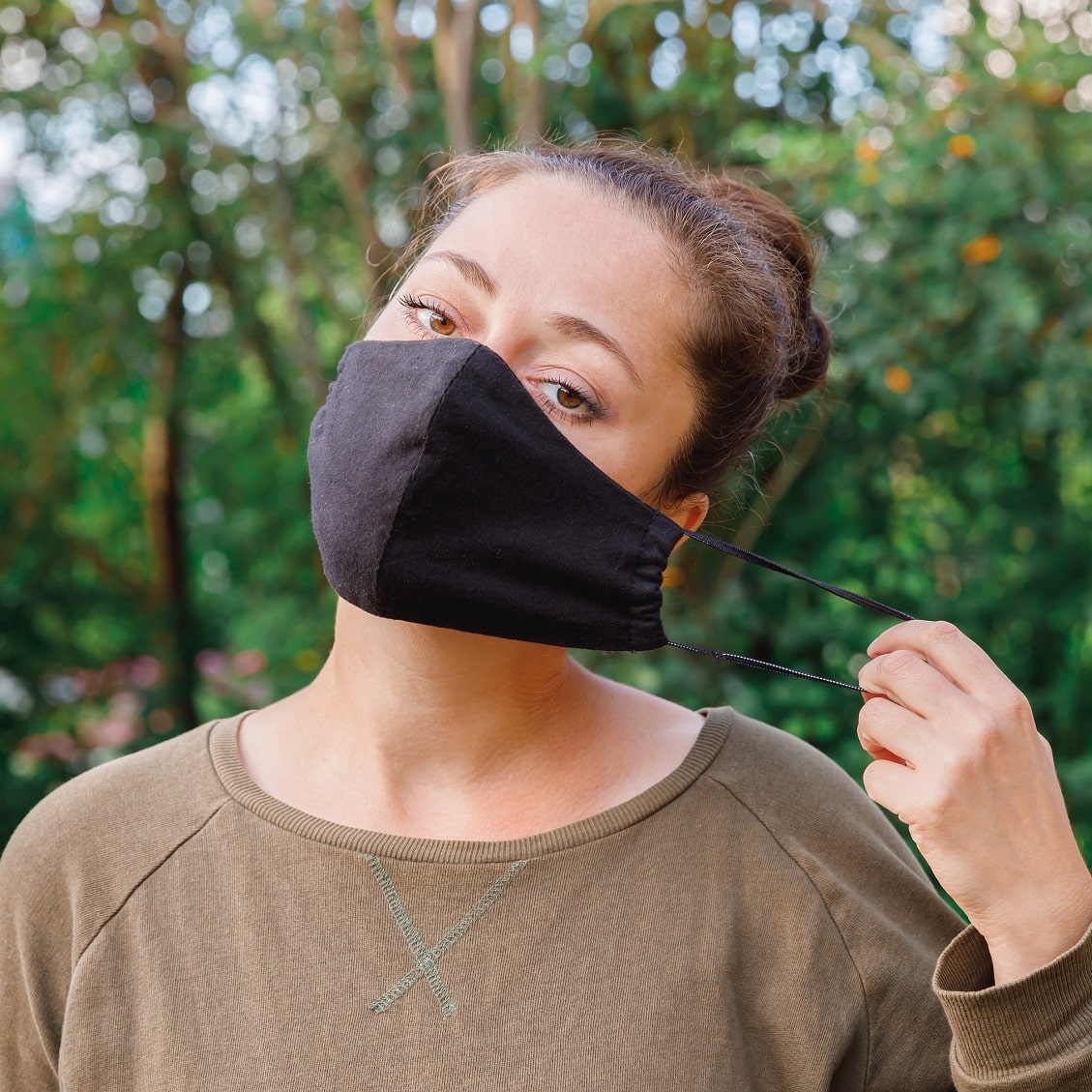
Now that the highly contagious Omicron variant is widespread – and because people may experience milder symptoms with Omicron than with previous variants – you may be thinking, “should I just get COVID?”
Just Had COVID? Here’s When to Get the Booster
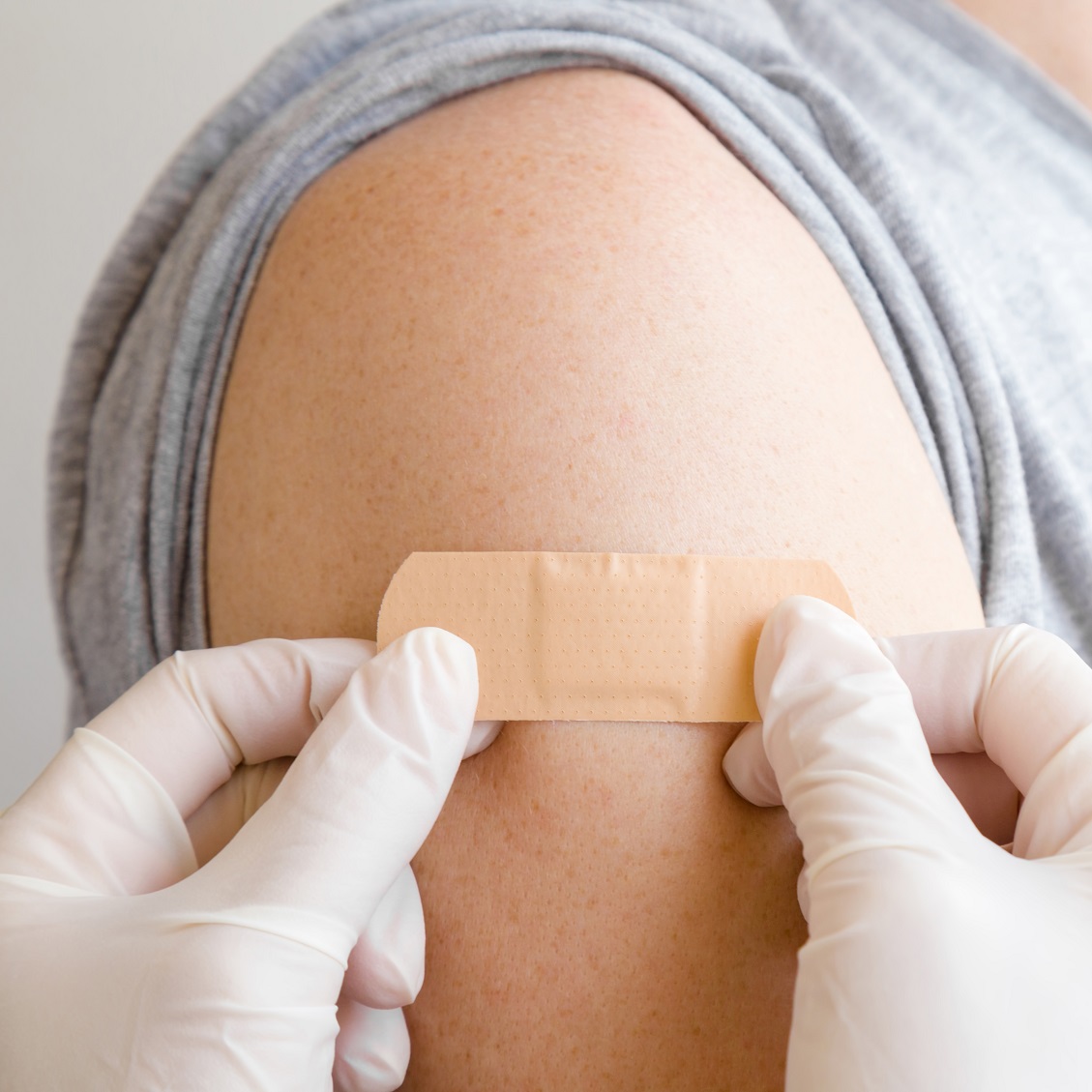
If you’ve recently had COVID-19 but haven’t yet received your booster shot - should you run to your local vaccination site to get it? Our expert shares some guidance on when is the best time to get your booster.
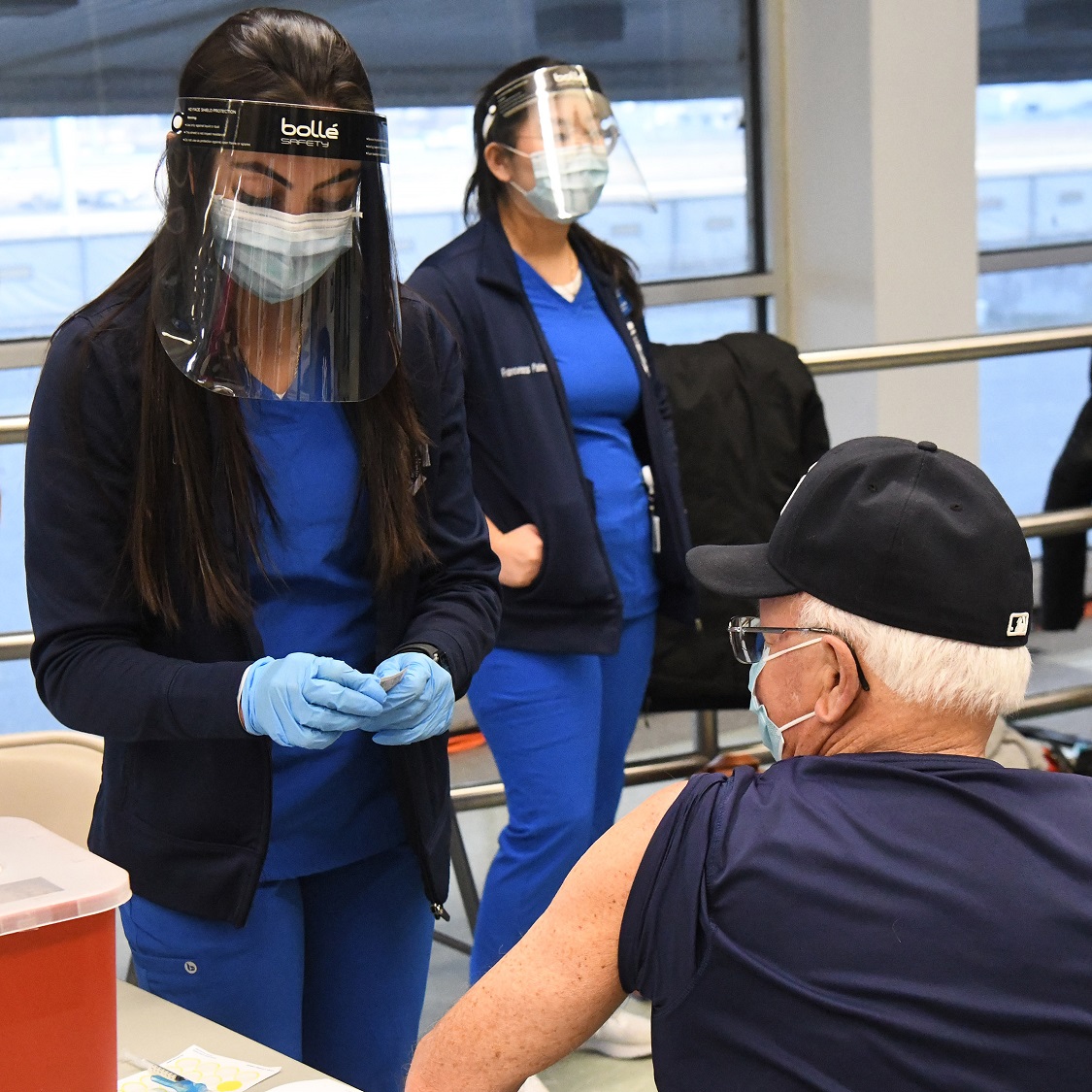
Does the Booster Protect Against Omicron?
The question on everyone’s mind is, does the booster shot protect against the Omicron variant? Hackensack Meridian Health's chief physician executive, Daniel Varga, M.D. shares some insight.

Why We Shouldn’t Treat Omicron Like the Flu or Common Cold
If the omicron variant is more likely to provide milder symptoms, does it really matter how it spreads? The clear answer is yes.

Healthy Pandemic Trends That You Should Continue
As we navigate COVID surges and new variants emerging, consider holding onto the habits that have been positive influences in your life.
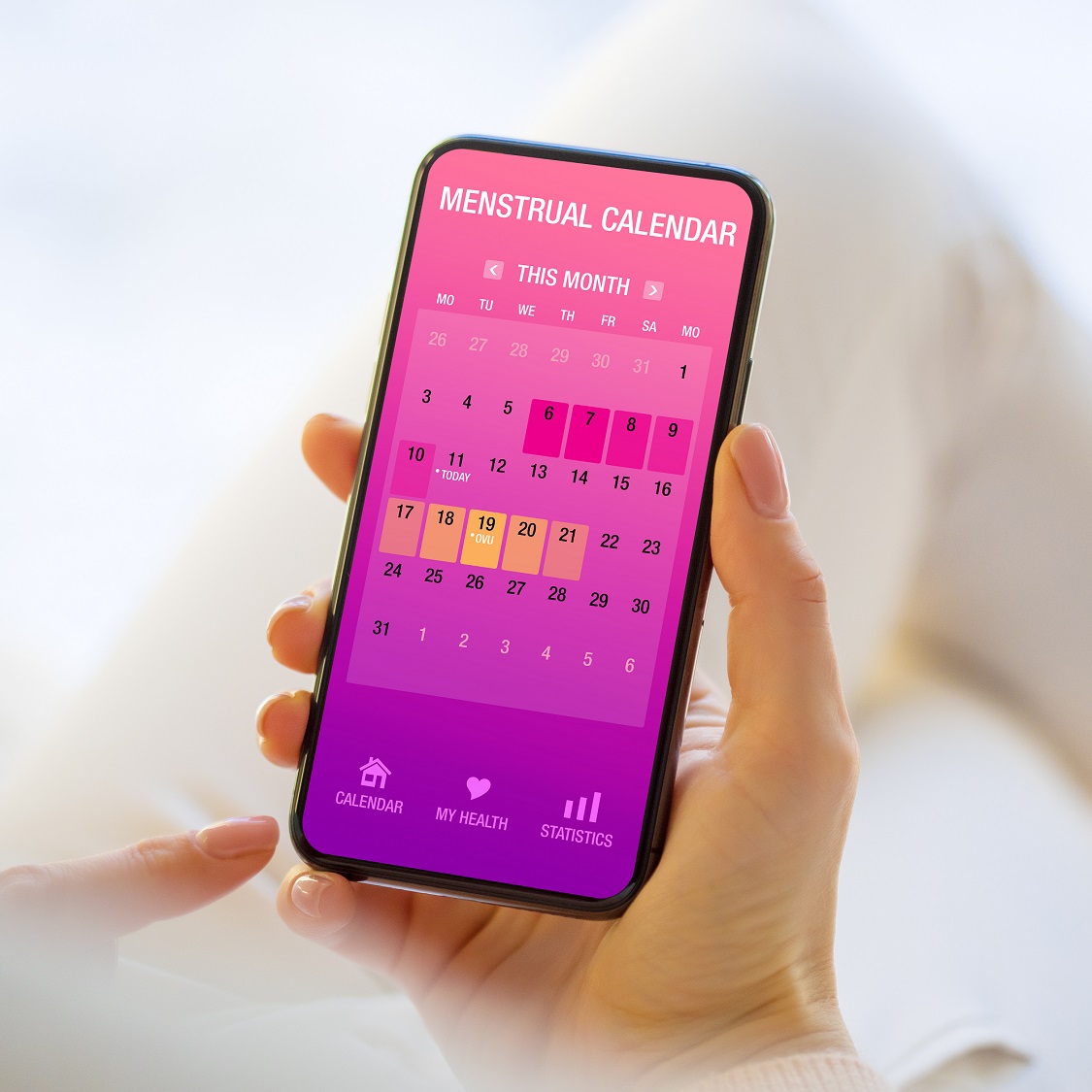
What You Should Know About COVID Vaccines & Menstrual Cycles
Can a COVID-19 vaccine affect a woman’s menstrual cycle? According to a recently published study, here’s what researchers found: